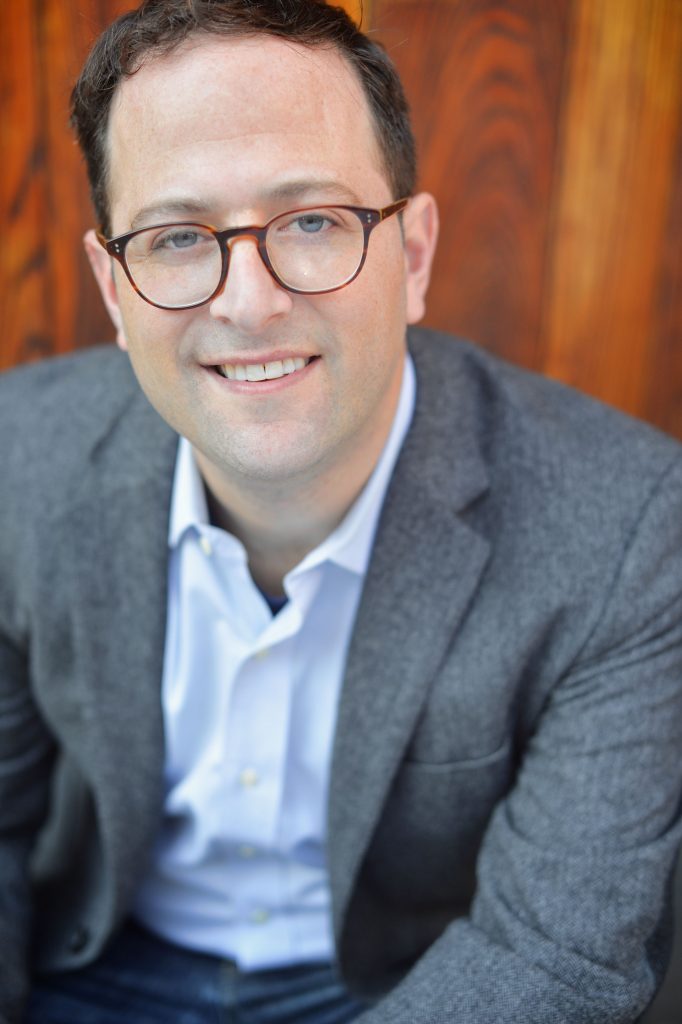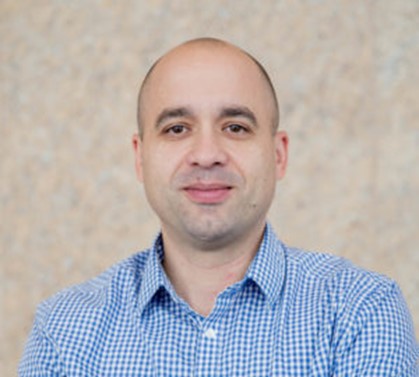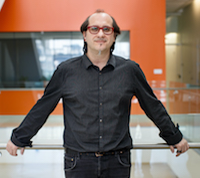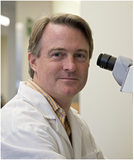
Company
HTG is accelerating precision medicine from diagnosis to treatment by harnessing the power of transcriptome-wide profiling to drive translational research, clinical diagnostics and targeted therapeutics across a variety of disease areas.
Building on more than a decade of pioneering innovation and partnerships with biopharma leaders and major academic institutes, HTG's proprietary RNA platform technologies are designed to make the development of life science tools and diagnostics more effective and efficient and to unlock a differentiated and disruptive approach to transformative drug discovery.
Corporate Headquarters
HTG Molecular Diagnostics, Inc. (HTG)3430 E Global Loop
Tucson, AZ 85706
1-877-289-2615
HTG Mission and Cultural Beliefs
Cultural Beliefs
![]()
Customer First
Positively impact customer satisfaction daily.
![]()
Deliver Results
Understand and embrace our contributions to achieving the company results.
![]()
Practice Trust
Foster a trustful environment where open and honest feedback is valued and encouraged.
![]()
Act on Facts
Make data-driven decisions and clearly communicate how and why each decision impacts the results.
![]()
Take Accountability
Make commitments and take accountability for results.
![]()
Drive Process
Develop and continuously improve processes to consistently meet requirements.
![]()
Celebrate Success
Recognize individual contributions and celebrate organizational successes.
Mission
HTG's mission is to advance the promise of precision medicine through innovative transcriptome-wide profiling technology designed to accelerate the development of diagnostics and hasten the discovery of novel drug candidates to effect lifechanging outcomes.
Leadership
Company
John L. Lubniewski
President, Chief Executive Officer and Member of the Board of Directors
Shaun D. McMeans
Senior Vice President and Chief Financial Officer
Byron T. Lawson
Senior Vice President and Chief Commercial Officer
Stephen A. Barat, PhD.
Senior Vice President of Therapeutics
Laura L. Godlewski
Senior Vice President of Finance and Administration
Board of Directors
Ann F. Hanham, Ph.D.
Chair of the Board of Directors
Thomas (Tom) W. Dubensky
Michelle R. Griffin
Donnie (Don) M. Hardison
Christopher P. Kiritsy
John L. Lubniewski
Lee R. McCracken
Scientific Advisory Board

Dr. Amir Horowitz is an Assistant Professor of Oncological Sciences and a member of the Precision Immunology Institute and the Tisch Cancer Institute at the Icahn School of Medicine at Mount Sinai. Dr. Horowitz’s work has contributed to developing an understanding of adaptive natural killer (NK) cells and their roles in cancers, microbial infections, and following vaccination and transplantation. He pioneered the first studies of human NK cells by mass cytometry (CyTOF™) and demonstrated an enormous breadth of phenotypic diversity and functions associated with specific HLA class I and KIR backgrounds.


Dr. Davide Ruggero is a professor at the University of California San Francisco in the departments of Urology and Cellular and Molecular Pharmacology. Dr. Ruggero’s current research seeks to understand the molecular mechanisms by which impairments in mRNA translation, cell growth and overall protein synthesis rates lead to human disease and cancer. The implications of his research results can be applied to design a new generation of cancer therapeutic agents that modulate the cellular proteome at a post-genomic level. Dr. Ruggero has received noteworthy funding and prestigious awards in recognition of his groundbreaking cancer research.

Frank Slack, Ph.D.
Director of the HMS Initiative for RNA Medicine, Beth Israel Deaconess Medical Center and the Shields Warren Mallinckrodt Professor of Medical Research, Departments of Pathology and Medicine, Harvard Medical School
Dr. Frank Slack is the Director of the HMS Institute for RNA Medicine, Beth Israel Deaconess Medical Center and the Shields Warren Mallinckrodt Professor of Medical Research, Departments of Pathology and Medicine, Harvard Medical School. He received his BSc from the University of Cape Town in South Africa before completing his Ph.D. in Molecular Biology at Tufts University School of Medicine. He began work on microRNAs as a postdoctoral fellow in Gary Ruvkun’s laboratory at Harvard Medical School, where he co-discovered the second known microRNA, let-7.
 Kendall Van Keuren-Jensen, Ph.D.
Kendall Van Keuren-Jensen, Ph.D.
Page last updated August 19, 2022